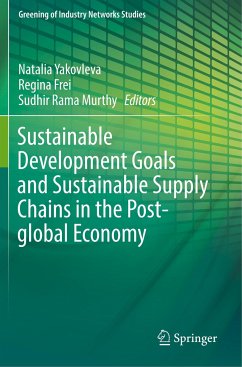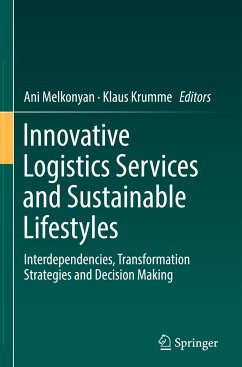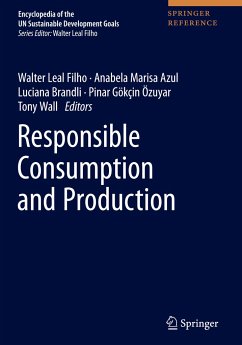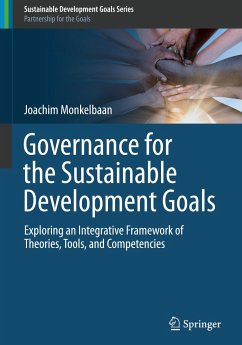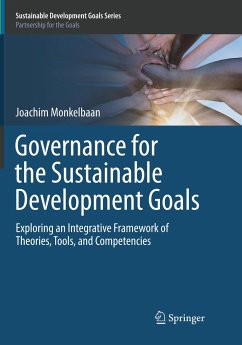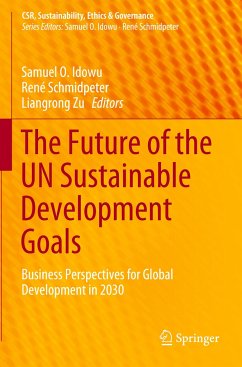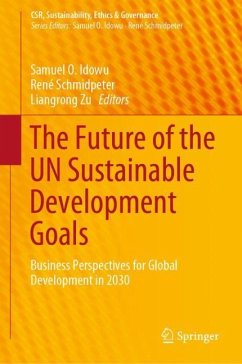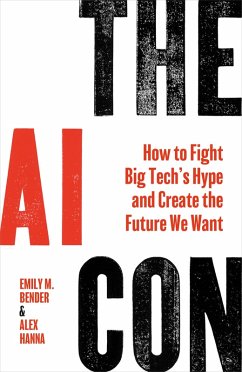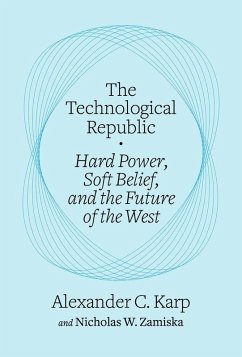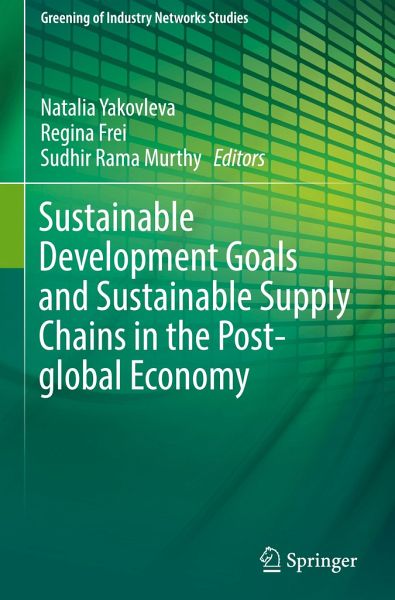
Sustainable Development Goals and Sustainable Supply Chains in the Post-global Economy

PAYBACK Punkte
46 °P sammeln!
This book presents a collection of studies on current best practices for delivering sustainable development policies within supply chains. It critiques the limitations of existing business theory and practice on sustainable supply chain management, and discusses opportunities for new conceptual models for businesses to engage with Sustainable Development Goals (SDGs). It examines how businesses can work towards implementing Sustainable Development Goals in the contexts of entrepreneurial initiative, industry collaboration and regional development.SDGs renew the sustainable development agenda f...
This book presents a collection of studies on current best practices for delivering sustainable development policies within supply chains. It critiques the limitations of existing business theory and practice on sustainable supply chain management, and discusses opportunities for new conceptual models for businesses to engage with Sustainable Development Goals (SDGs). It examines how businesses can work towards implementing Sustainable Development Goals in the contexts of entrepreneurial initiative, industry collaboration and regional development.
SDGs renew the sustainable development agenda for global communities and ask businesses and organisations to reset their sustainable development policies. A strategy to embed sustainable development principles into business operations along the supply chain operations, which has been a conceptual and, in many instances, practitioner, business and industry achievement of the past decades, is not enough to shift the economic and social conditions of poor populations around the world. How would the global supply chains of the future look like? What social relations does it envisage? How will businesses and organisations engage with societies, environments and complex institutional contexts in emerging markets and developing countries, which are faced with issues of population growth, needed leaps in infrastructure provision, educational and health improvements, cultural and institutional shifts?
The books challenges current approaches to sustainable supply chain practices guided by discussion on SDGs. It reviews implementation issues of existing sustainable development approaches, assesses the advancement of sustainable development strategies and examines the opportunities for global value chains to increase their positive social and environmental inputs in regions, communities and organisations. The book collects both conceptual and empirical studies set in a variety of business and organisationalcontexts, such as manufacturing, retail, procurement, cities and industrial parks. It contests the accepted axioms of sustainable practices in the global supply chains and proposes new models for organisations and production networks to engage with societies and address market and production effects on communities and institutions.
SDGs renew the sustainable development agenda for global communities and ask businesses and organisations to reset their sustainable development policies. A strategy to embed sustainable development principles into business operations along the supply chain operations, which has been a conceptual and, in many instances, practitioner, business and industry achievement of the past decades, is not enough to shift the economic and social conditions of poor populations around the world. How would the global supply chains of the future look like? What social relations does it envisage? How will businesses and organisations engage with societies, environments and complex institutional contexts in emerging markets and developing countries, which are faced with issues of population growth, needed leaps in infrastructure provision, educational and health improvements, cultural and institutional shifts?
The books challenges current approaches to sustainable supply chain practices guided by discussion on SDGs. It reviews implementation issues of existing sustainable development approaches, assesses the advancement of sustainable development strategies and examines the opportunities for global value chains to increase their positive social and environmental inputs in regions, communities and organisations. The book collects both conceptual and empirical studies set in a variety of business and organisationalcontexts, such as manufacturing, retail, procurement, cities and industrial parks. It contests the accepted axioms of sustainable practices in the global supply chains and proposes new models for organisations and production networks to engage with societies and address market and production effects on communities and institutions.



